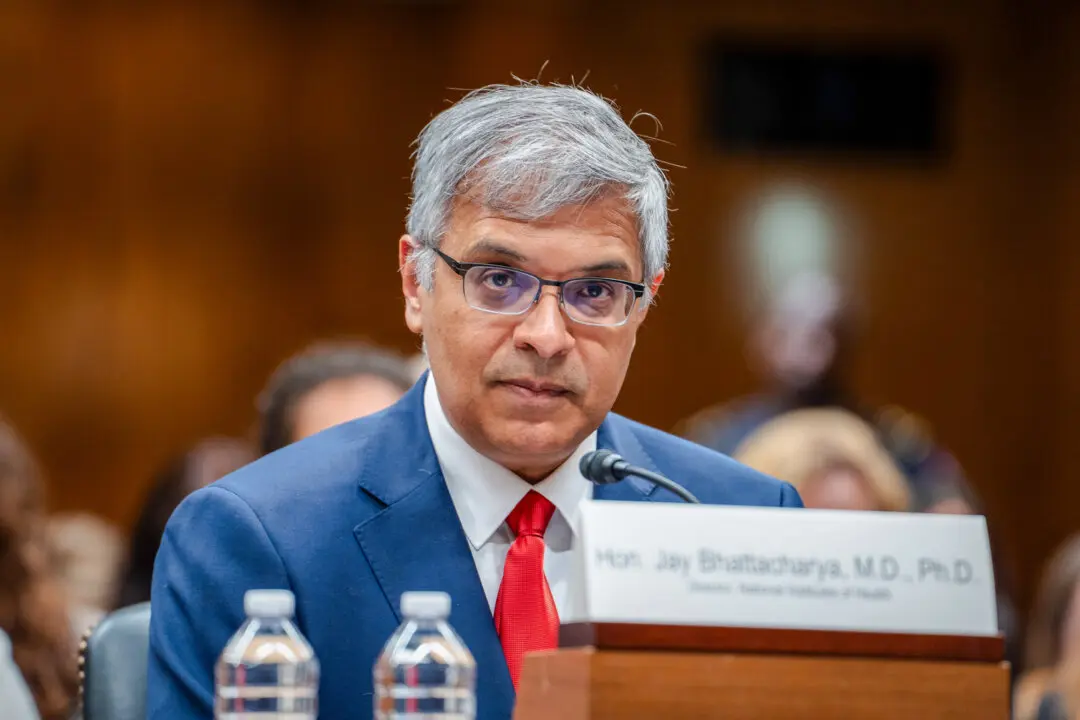The Orange County Board of Education called out critical race theory (CRT) during its second ethnic studies forum, which included differing perspectives.
Moderated by Harriette Reid, five expert panelists gave opening and closing remarks and answered questions from the board during the meeting.





